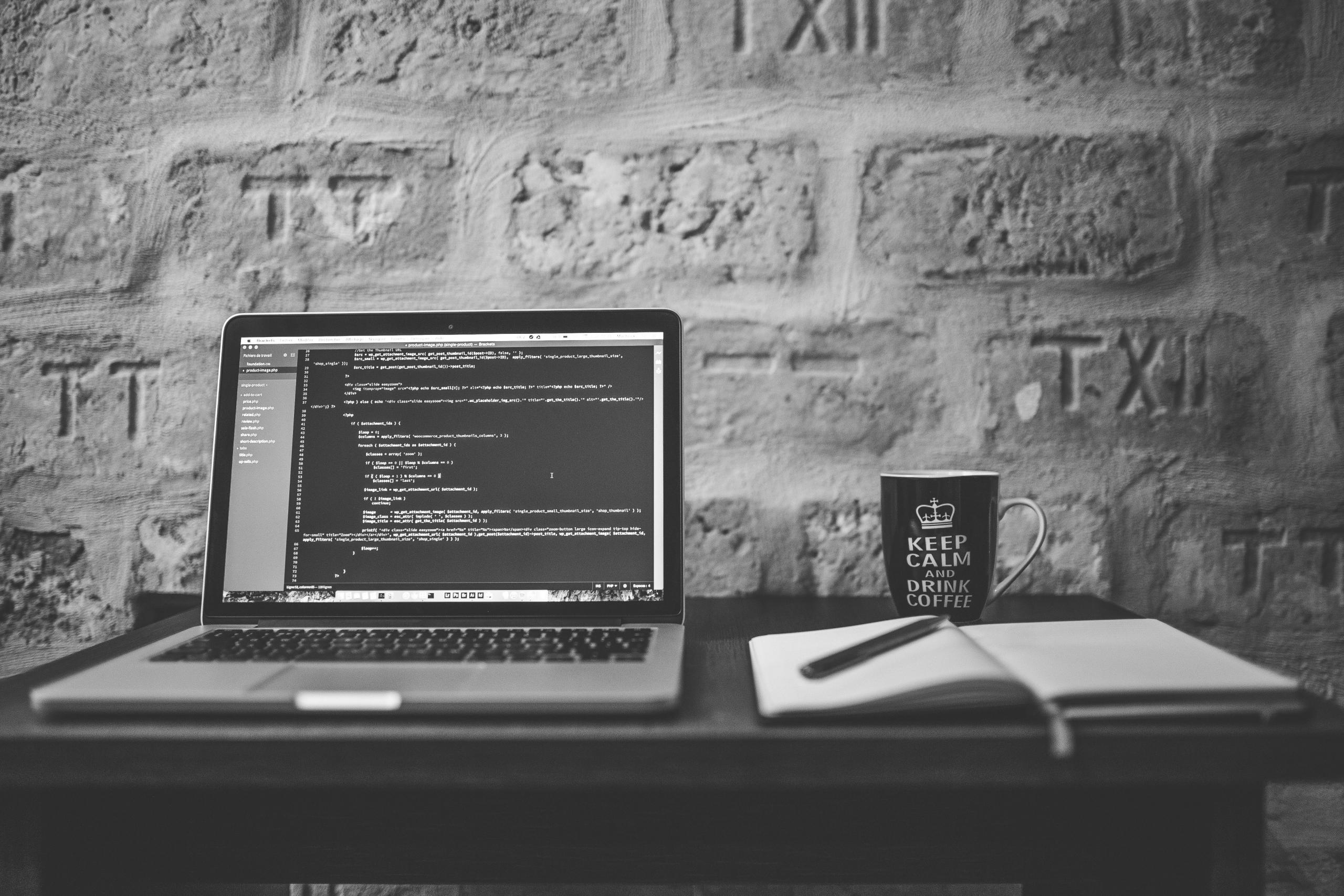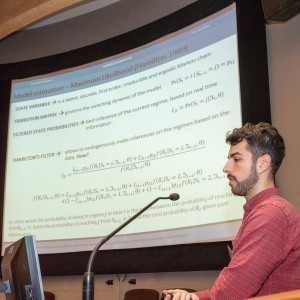If you have aspirations of sharpening your coding skills and developing your familiarity and confidence using Python, then you’re already off on the right path. However, for many of us, knowing that we are on the right path is often not enough. We have a curiosity about when we can expect to reach our goals. While it’s true that all marathons begin with a single step, knowing how long you’ve got left plays a big role in seeing the race through to the end.
By understanding how long it takes to learn Python, you will find yourself in a better position to plan for the future, map out the necessary learning steps and budget for what lies ahead. In this article, we’ll pay close attention to the factors influencing the length of time you can expect to spend pursuing your learning goals when it comes to Python and, perhaps more importantly, what you can do to shave some time off the process!

The Amount of Time It Takes to Learn Python
One of the first things you’ll need to consider when it comes to learning the programming language is what level it will take for you to feel like your mission has been completed. The level that you envision yourself getting to is one of the biggest factors that will determine how long you’re going to be staring at books and screens. If you merely want to arrive at a basic understanding so that you can get started with some basic projects of your own, then this is going to take a lot less time than if your end goal is to single-handedly develop an app.
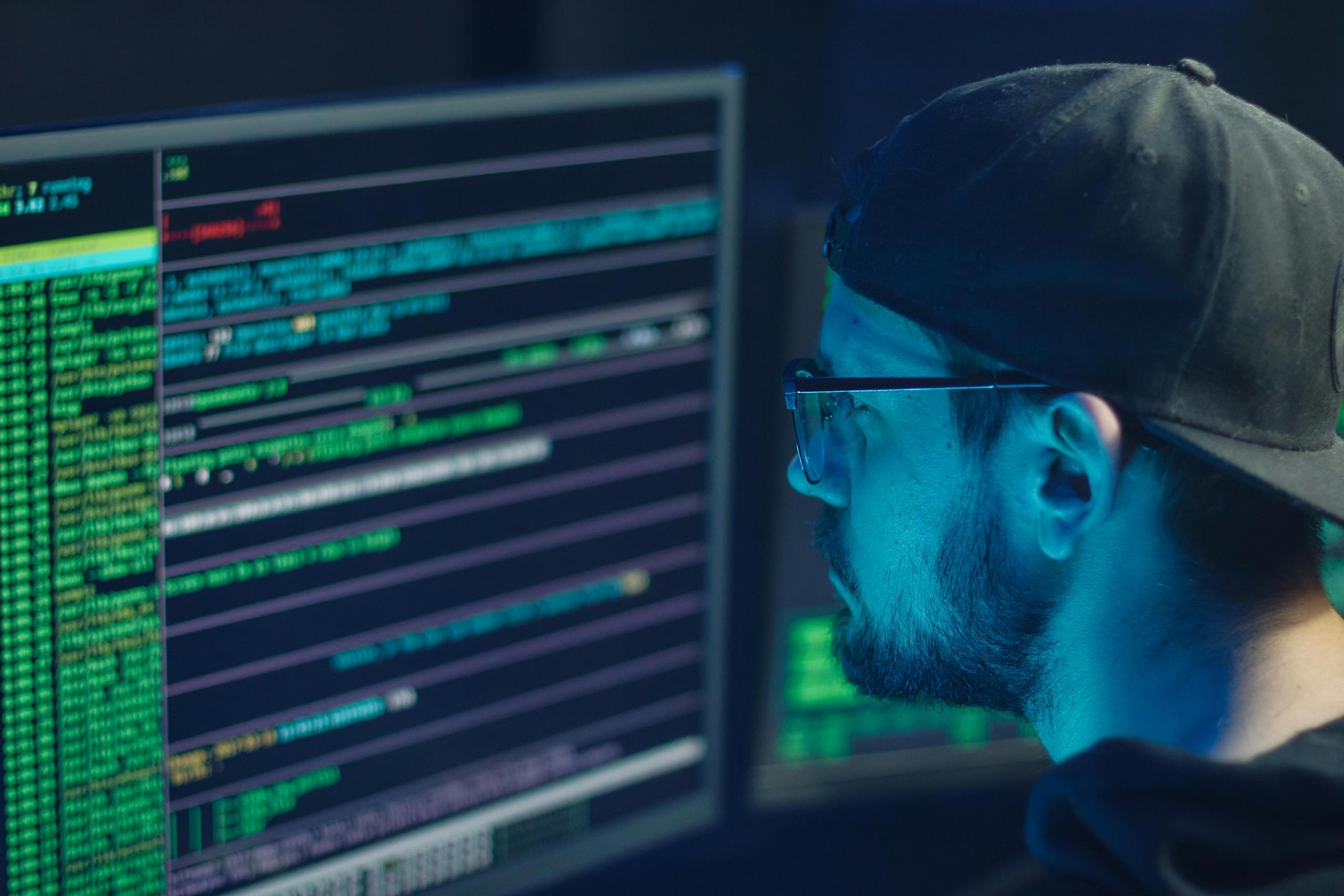
Our experience teaching thousands of students has given us a clear picture of how long it takes to become skilled at Python. The learning path naturally divides into three distinct phases. Understanding the length of time that goes into learning Python can be broken down into three stages. The first of which is where students achieve basic proficiency within 2-3 months by dedicating 1-2 hours daily. This foundation stage focuses on Python's fundamental concepts. Most students write simple programmes and understand basic syntax after about 25 hours of focused learning. Full-time study (40 hours per week) could help you learn these basics in as little as two weeks.
There are over 8.2 million developers using Python daily.
In most cases, it’s typically somewhere around the 3-6 months stage of consistent practice that learners develop an intermediate level of the language. It is in this segment of the learning journey that students bridge the gap between writing simple scripts and creating complex applications. You could say that this is where things can begin to get tricky, seeing as, at this point, you’ll be diving into advanced concepts like object-oriented programming, data structures and algorithms.
Developing your Python skills up until the advanced level can be done in less time than what you might have considered. While the journey can be streamlined with the help of an experienced tutor, many students find themselves having an advanced level of Pthon after dedicating 12 months to the learning process.
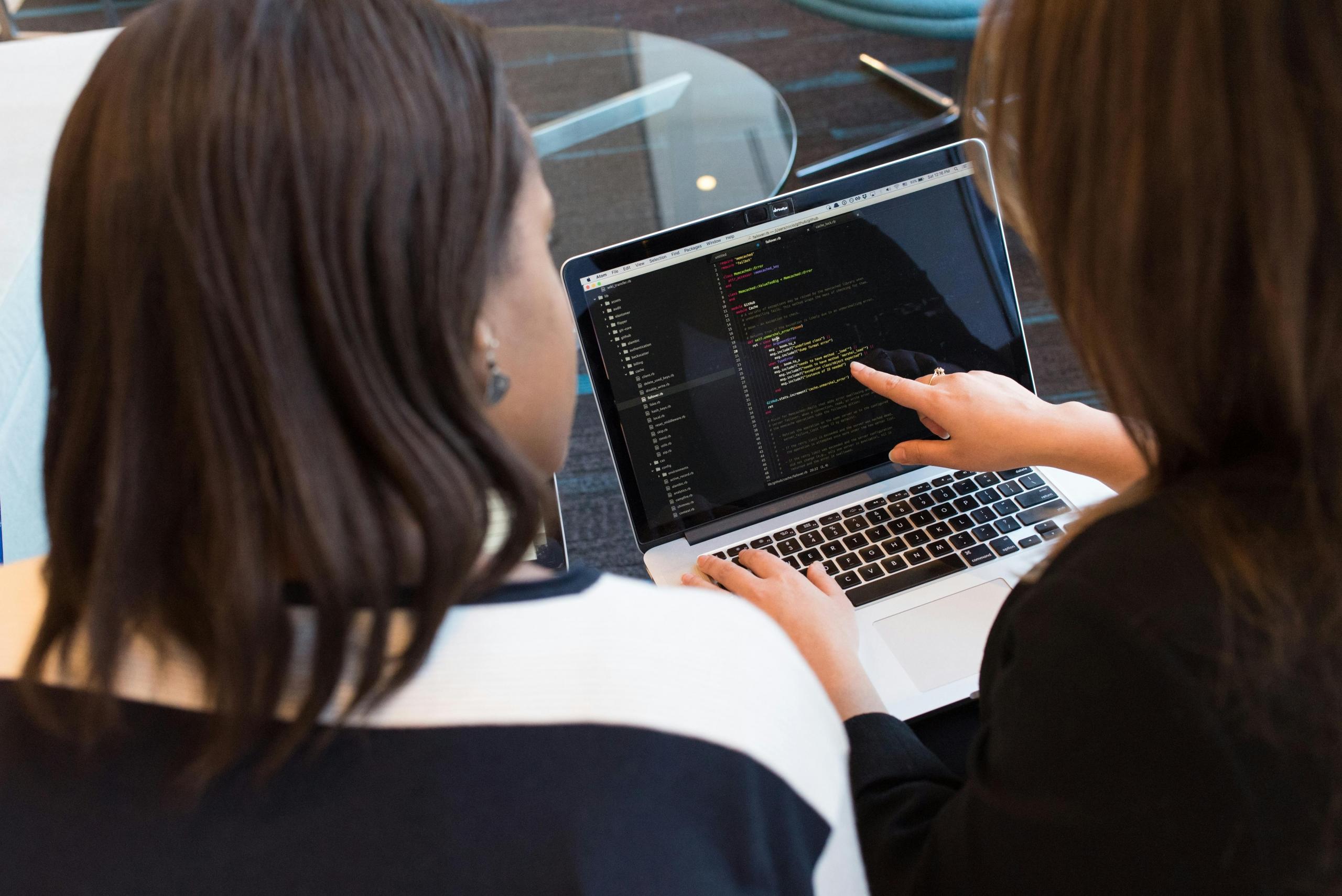
This is something that’s going to differ from student to student depending on the complexity of the projects they engage with and the learning approach they opt to engage with. Let’s pull the curtain and take a look at the factors influencing a student’s capacity to reach the various stages of their Python learning journey.
Factors Affecting Learning Speed
Having a rough timeframe as to the amount of time you can expect to dedicate to honing your craft as a programmer and improving at Python is a great guide to inform your next steps. However, the above timelines only serve as a benchmark, and the actual amount of time that you can expect to spend upskilling your programming competencies will depend on a range of factors, such as your goals, background, and learning style.
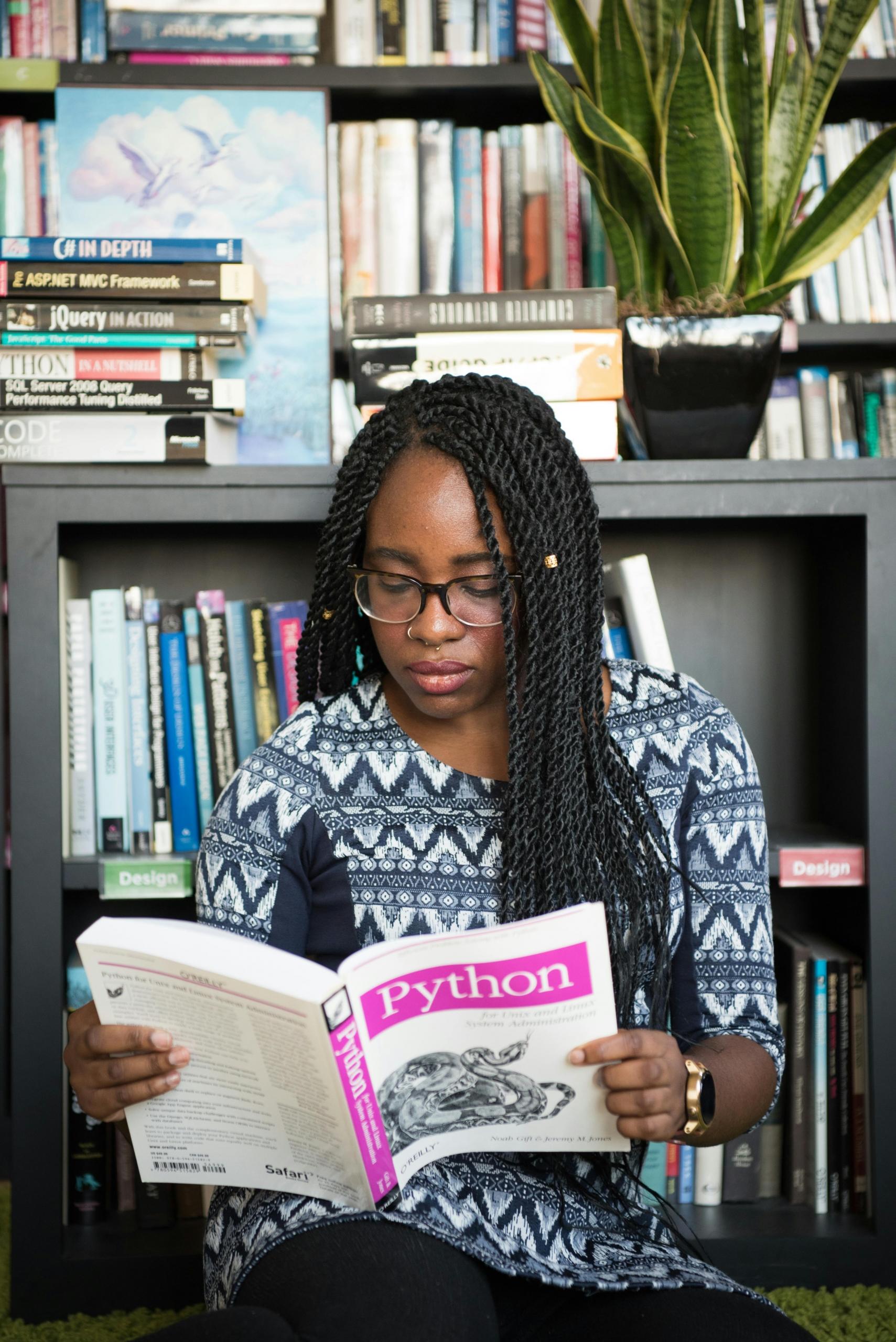
For starters, if you imagine a student who has already looked at C or JavaScript as part of their college course or maybe they were just curious enough to search online, you would probably bet that they are better positioned to achieve their goals faster than someone who’s looking at coding for the first time right.
There’s certainly no one-size-fits-all approach when it comes to learning, and this definitely holds true for Python.
Students who adopt quality learning resources and choose to learn through the mediums they find most effective will find themselves progressing an awful lot faster than those who don’t take charge of their learning experience.
By constantly putting your knowledge to the test by working on practical coding tasks, your Python learning journey will likely look a lot shorter than someone who's never put theory to work! You should also take into account the proportion of your week that you’ll be allocating to your learning. If you are setting aside two half-hour clocks each week to improve at Python, you should expect to work through the topics at a slower pace than someone who puts in the hours each day.
Recommended Learning Resources for Learning Python
Seeing as the mediums that you choose to engage with play a substantial role in determining how you take to various Python topics, let's take a look at some avenues you can engage with your learning to save some time in the learning process.
By integrating Python into your lifestyle through a range of mediums, you’ll find it a lot easier to stay consistent with your learning in the long run and reach your goals that bit sooner.

Learning Python on Coursera and Udemy
Online learning platforms offer structured Python courses taught by industry experts and academics. Coursera's "Python for Everybody" specialisation and Udemy's "Python Mega Course" are two great examples of programs offering structured learning that will leave you with a certificate to add to your resume.
They both provide an effective mix of learning throughout their curriculum with a balance between theory and hands-on projects. They are also more than ideal in that you’ll be able to go about the material at your own pace, helping you fit Python studies into your busy schedules. On top of that, the interactive coding exercises and peer-reviewed assignments on these platforms help reinforce learning and provide practical experiences that will stand out to you when you go about applying for jobs. Getting things right from the installation process will set you up for success with your learning too.
YouTube as a Learning Resource
Given that in today’s day and age, we turn to the internet to learn just about everything, adding YouTube to your list of learning materials, you can integrate Python into your daily life. Here, you’ll find a range of channels from both learning institutions and independent creators offering free Python tutorials and courses.
After you come home from a long day of work or study, it's definitely a lot easier to open up an informative learning video than it might be to get a textbook out. For this reason, YouTube can make for a more enjoyable and engaging learning avenue that can make you more consistent with your learning efforts in the long run. On top of that, the visual nature of video content can make complex concepts easier to grasp, especially for visual learners.
Integrating Python Learning With Podcasts
Another effective way that you can integrate your learning more seamlessly into your lifestyle is to begin listening to Pyhon-oriented podcasts. Podcasts can be a great resource for learning more about Python in ways that you may not get from any course. On Python podcasts, you can expect to hear from accomplished programmers about their journeys in coding, industry trends and little hacks that might save you a great deal of time.
One excellent option is "Talk Python To Me" by Michael Kennedy, available on Spotify. This podcast features interviews with Python experts, discussions on the latest developments in the Python ecosystem, and practical tips for Python developers of all levels.

Accelerate Your Learning With a Private Tutor From Superprof
When it comes to improving at just about any skill or hobby, you’re going to want to do everything in your power to get yourself across the finish line as quickly as possible without cutting any corners. If the career prospects that lie ahead of you after becoming a skilled Python user have you itching to master the skill, then private tutoring will help you get to where you want to be an awful lot sooner. You'll be able to focus your lessons around Python data types and begin developing your command of the language.
Superprof has become the favourite platform for students looking to learn the basics right up to the advanced Python topics from experienced teachers who have years of instructing students in the very same position. Not only will you have a vetted tutor alongside you, providing you with immediate help with problem-solving and reviewing your code, but you’ll also be able to learn at your own pace and advance only once you’re satisfied you know the material inside and out!
Students working with tutors master Python 30-40% faster than self-learners highlight the significant advantages of personalised instruction in programming education.
Given that the tutors on Superprof will have plenty of experience teaching Python at all levels, they will know exactly what learning techniques to employ in your sessions and help you accomplish your goals a lot sooner than if you were to go about the process of trial and error by yourself.
Not all steps are in the right direction, and when it comes to becoming an expert Python programmer, bad habits often prove more difficult to shake than they were to develop in the first place, often deterring students from achieving their learning goals. Another reason why working alongside a private Python tutor can lead to such a substantial reduction in the time you can expect to spend learning the skill is that it helps you steer clear of common pitfalls that programmers typically encounter from the outset.
Summarise with AI:

